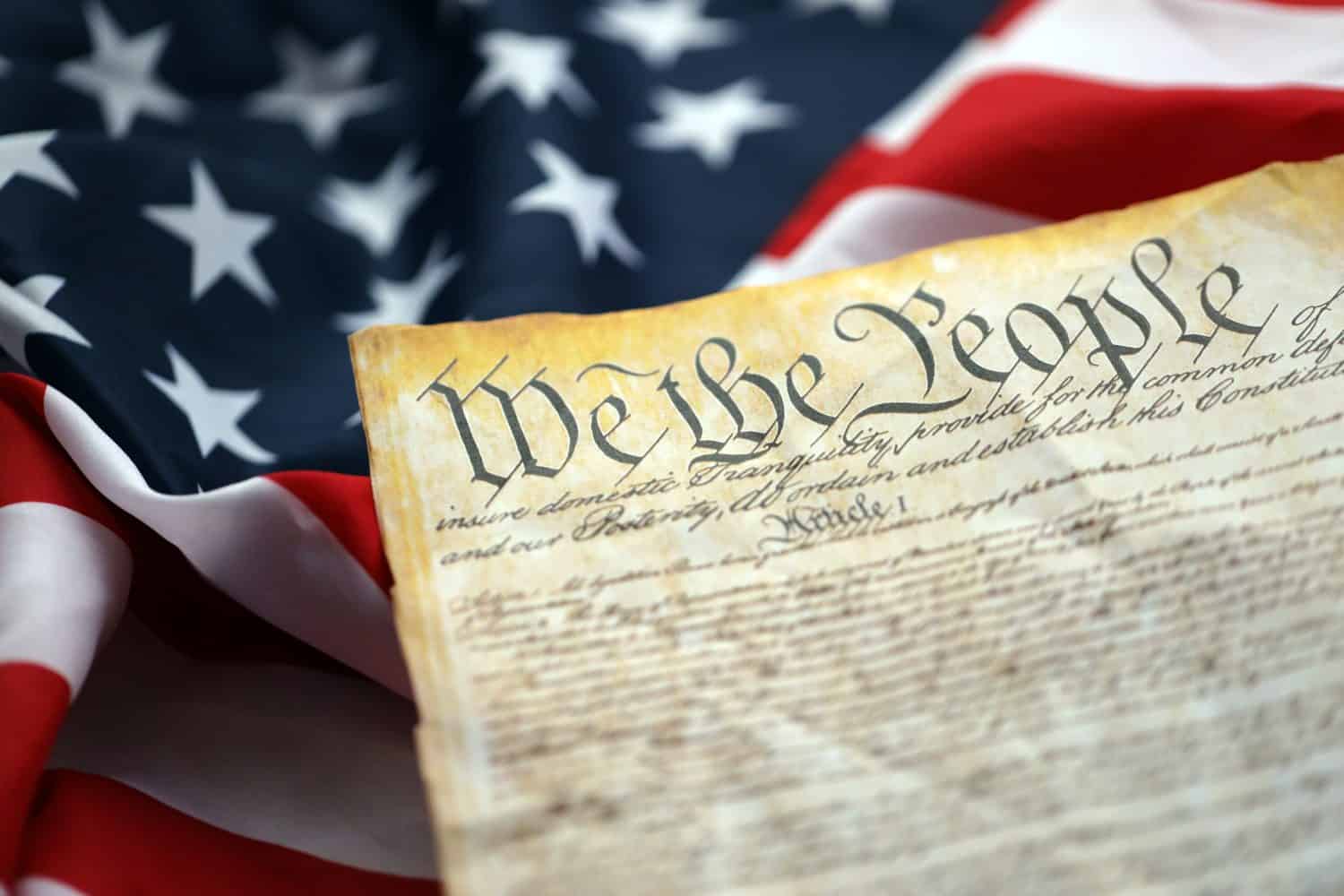
This post may contain links from our sponsors and affiliates, and Flywheel Publishing may receive
compensation for actions taken through them.
24/7 Insights
-
- There have been dozens of new amendments proposed.
- Six amendments are considered unratified.
- Some proposed amendments have bordered on the ridiculous.
- Also: Are You On Track to Retire? Take This Quiz and Find Out (Sponsored)
The Constitution, alongside the Declaration of Independence, is undoubtedly one of the two most sacred documents in the United States. Starting with the Bill of Rights, the Constitution contains 27 amendments that help provide unalienable rights to all Americans. Ever since the first ratification of these amendments in 1789, the Constitution has been viewed with the utmost importance.
Per the founding father’s wishes, Article Five details a two-step process for adding an amendment. Between passing US Congress and 50 state houses, ratifying an amendment is a difficult process designed to ensure only the most essential rights become part of the supreme law of the land.
Along with the amendments that have been ratified, dozens of other proposals have been attempted, some completely outlandish and others that just barely missed becoming etched in stone forever.
22. School Prayer

Over multiple decades, West Virginia’s Robert Byrd proposed an amendment eight different times. This amendment would give people the “right to pray and to recognize their religious beliefs, heritages, and traditions on public property, including schools.” The closest the amendment came to passing was in 1998, when it fell 61 votes short in the House.
21. Equal Opportunity to Govern
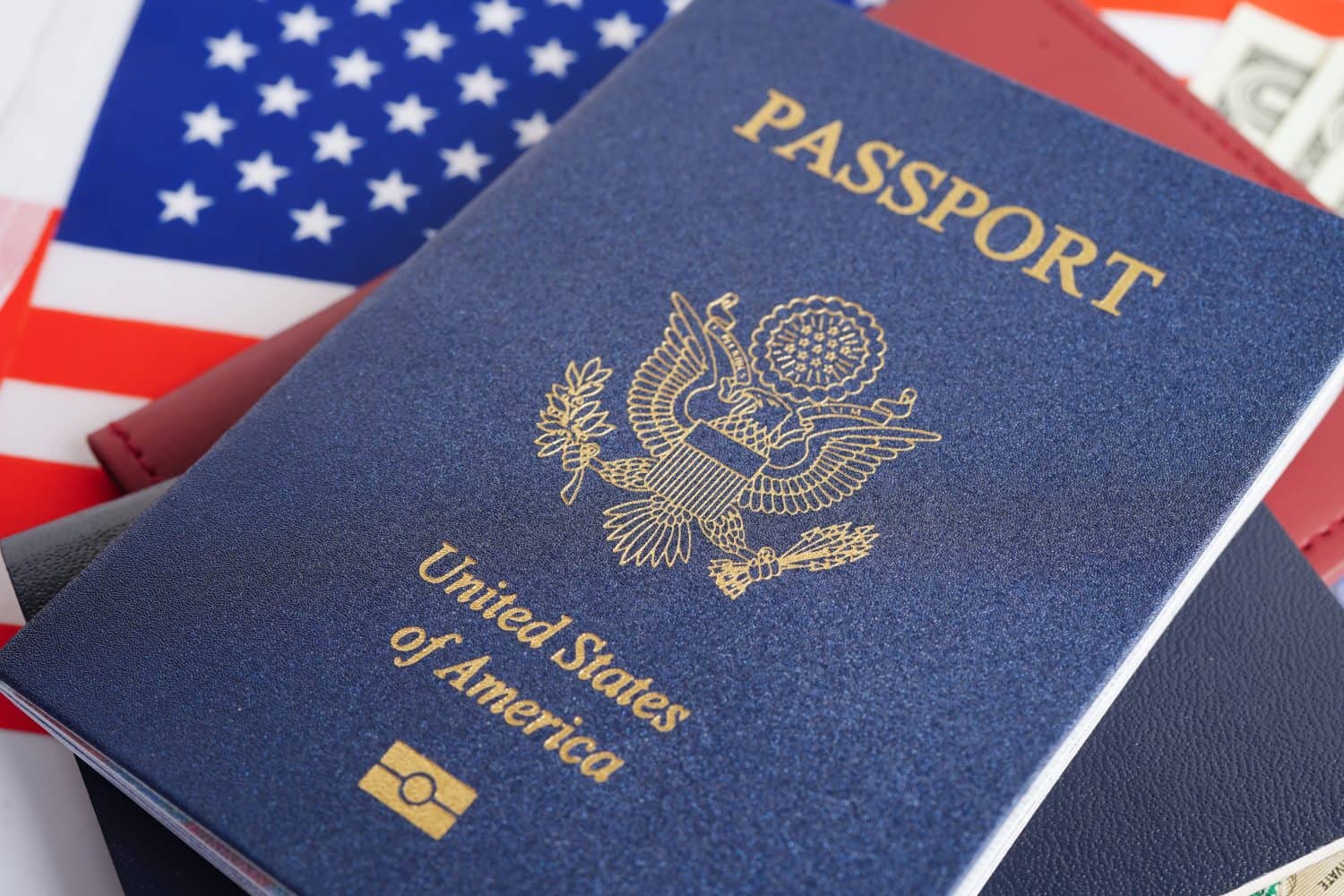
A more recent amendment was proposed in 2003 by Senator Orrin Hatch of Utah. His goal was to repeal the language in the constitution surrounding the “natural born citizen” clause. The amendment failed, but it came at a time when Arnold Schwarzenegger was considered an ideal presidential candidate.
20. Repeal the 21st

With the 21st Amendment instituted to repeal the 18th Amendment, House Rep Morris Shepard attempted to re-establish the alcohol ban between 1935 and 1938 with another amendment proposal. Morris was a huge proponent of the 18th Amendment and wanted to outlaw drunken behavior.
19. Christian Amendment

First proposed back in February 1863, the Christian Amendment has been introduced several times to amend the Constitution and officially make the United States a Christian nation. Additional proposals surfaced in 1874, 1896, and 1910, but none passed Congressional approval. The last attempt in 1954 was never brought up for a vote.
18. Bricker Amendment

In 1951, Ohio Senator John W. Bricker brought his proposed amendment to the Senate floor. The amendment would stop the federal government from treaty-making. However, the bill failed to gain traction in Congress due to President Eisenhower’s strong opposition.
17. Single Subject Amendment

Proposed as early as 1999, the Single Subject Amendment would limit federal legislation to a single subject, reducing any “logrolling, earmarks, or pork barrel spending.” While the amendment has yet to come up for a full house vote, over 41 states already have such amendments in their constitutions, hence why the federal movement has been slow.
16. Ludlow Amendment

Public support for US involvement in a war at the end of the 1930s, a few years before World War II, was so strong that House Rep Louis Ludlow wanted to build on American isolationism by creating a new anti-war amendment. This amendment would require a national vote for the US to declare war. The proposal died after the events of Pearl Harbor.
15. Blaine Amendment

In 1875, an amendment was proposed to stop public funds from being used in the United States for religious purposes. While President Grant supported the amendment, it failed in Congress and enabled the states to create their language and provisions separately.
14. United States of Earth

Introduced by Lucas Miller, then a Wisconsin congressman, Miller wanted to rename the United States to the United States of the Earth. His amendment proposal would have also abolished the Army and the Navy. Unsurprisingly, his amendment never came up for a vote.
13. Flag Desecration

One of the more controversial issues around the US Flag, the Flag Desecration Amendment, was proposed in 1995 to make flag burning illegal. The proposition passed the House yearly from 1995 to 2005 but failed to pass the Senate, including one vote short in 2006.
12. Human Life Amendment
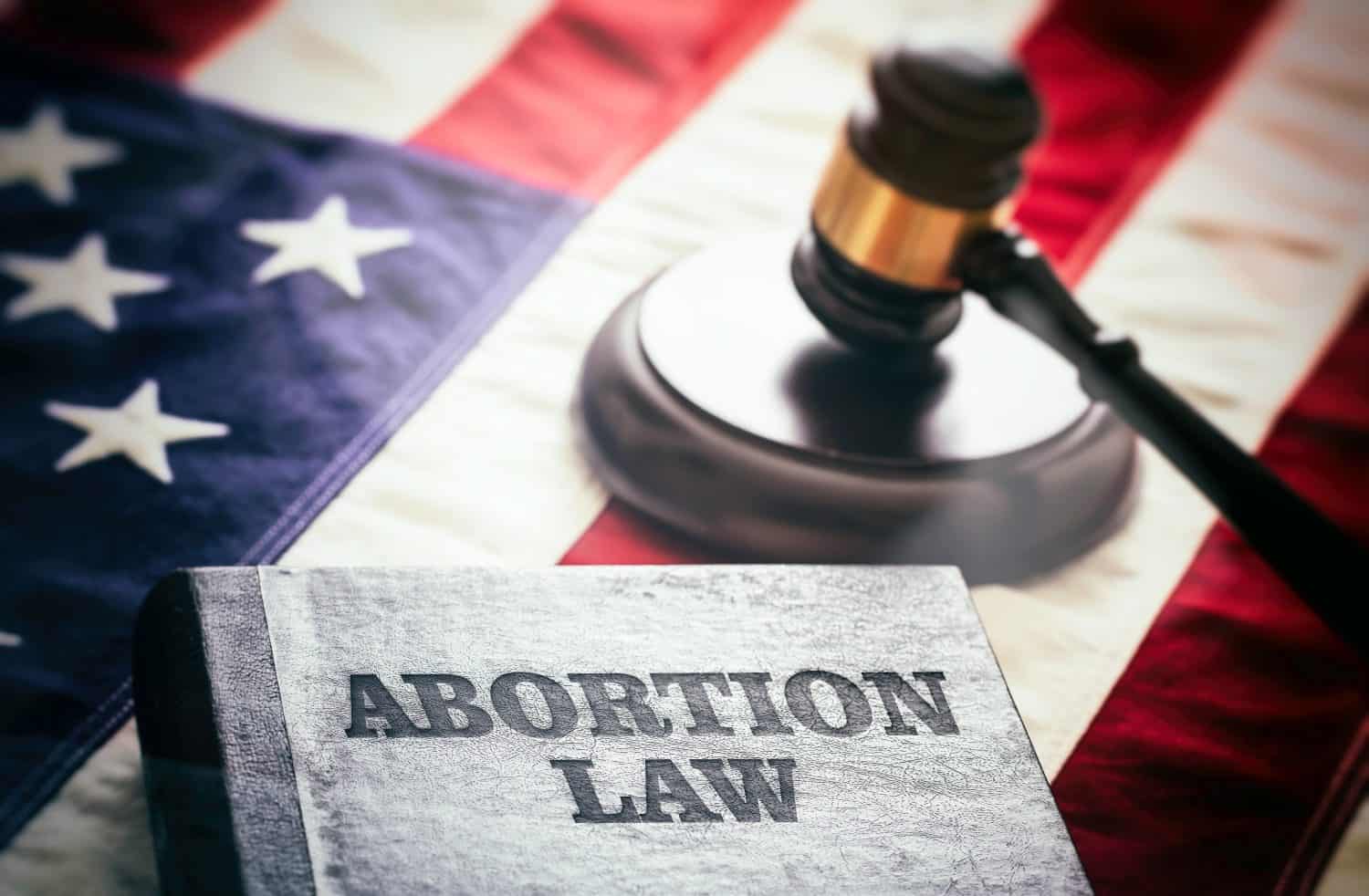
The Human Life Amendment, designed to help overturn the Roe v. Wade court ruling, was proposed in 1973. Over 330 different versions of this amendment have been proposed, but with the Supreme Court overturning Roe v. Wade in 2022, this amendment is now moot.
11. Corwin Amendment
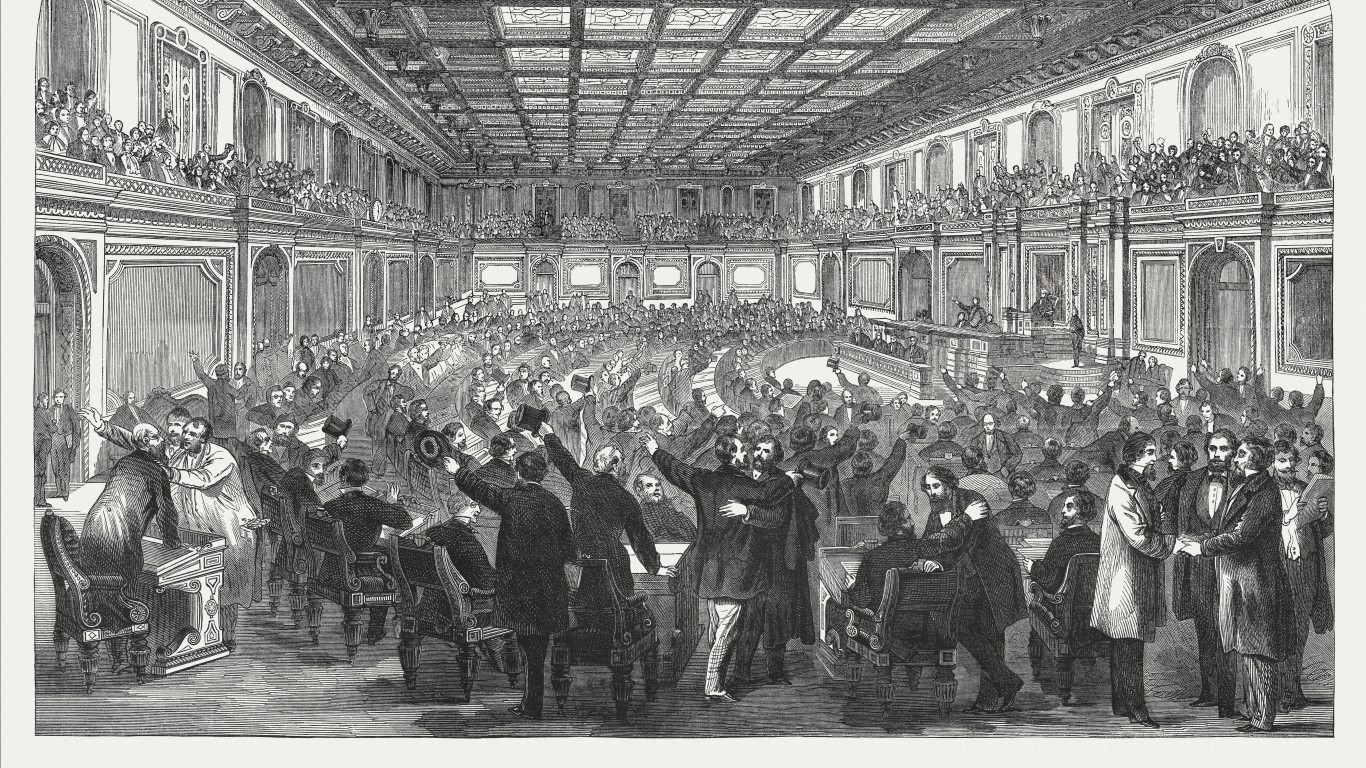
One of the more controversial unratified amendments is the Corwin Amendment, which would prohibit the federal government from interfering with slavery in the states. After passing Congress in March 1861, it failed ratification after the secession of 11 states during the Civil War.
10. District of Columbia Voting Rights Amendment

Proposed in August 1978, the amendment would give the District of Columbia full representation in the US Congress and the Electoral College. State legislatures ratified the amendments over a period of seven years, but the amendment would require repealing the 23rd Amendment, which has stopped it from advancing. Still, this remains the most recent amendment to be sent to the states for ratification.
9. Bayh-Celler Amendment
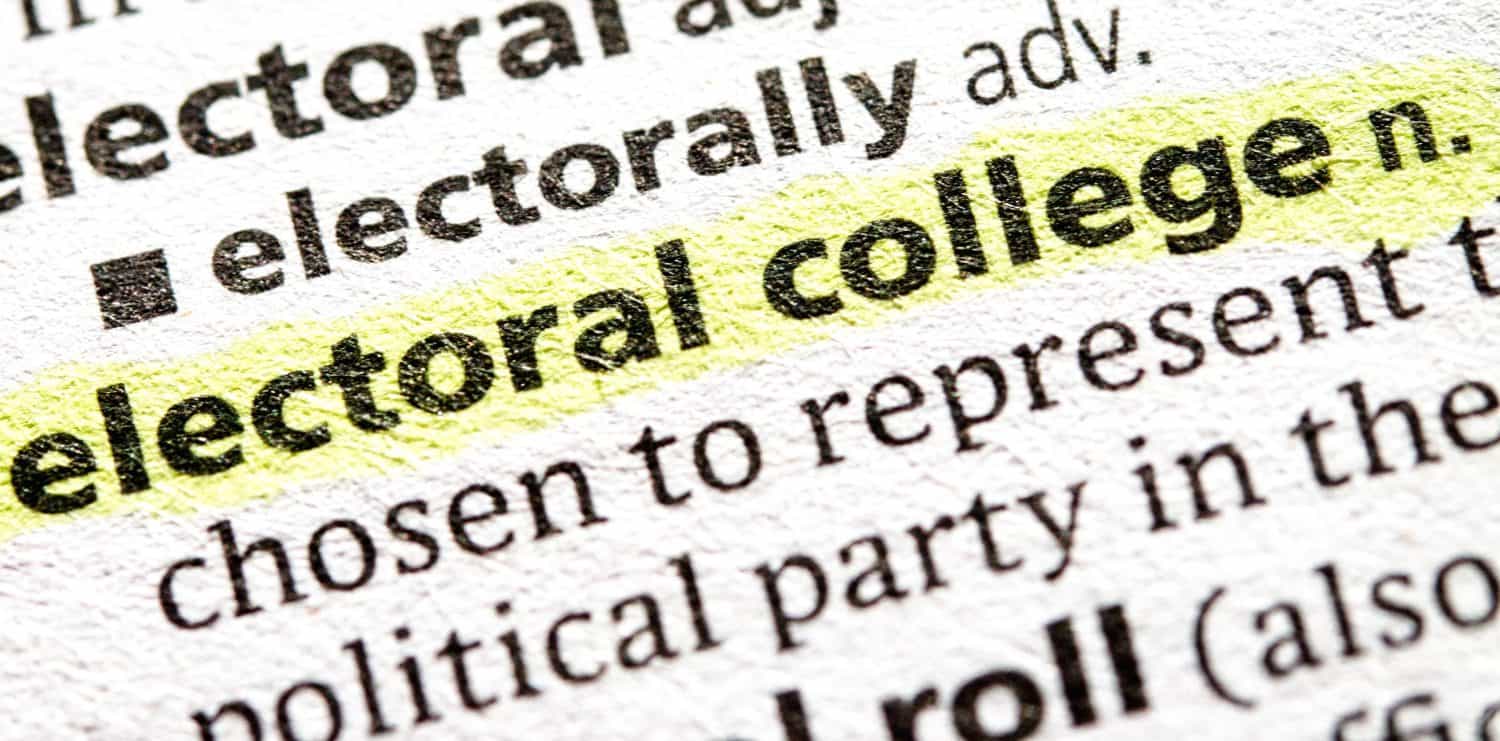
The proposed Bayh-Celler amendment was the closest the US has ever come to abolishing the Electoral College. Promoting a two-round system instead, the amendment passed the 91st House but was filibustered in the Senate.
8. Presidential Term Limits

Multiple efforts have been made to repeal the 22nd Amendment to eliminate Presidential term limits. Presidents Reagan, Clinton, Trump, and Truman have all famously supported the amendment. However, the House has yet to seriously consider it.
7. Congressional Apportionment Amendment
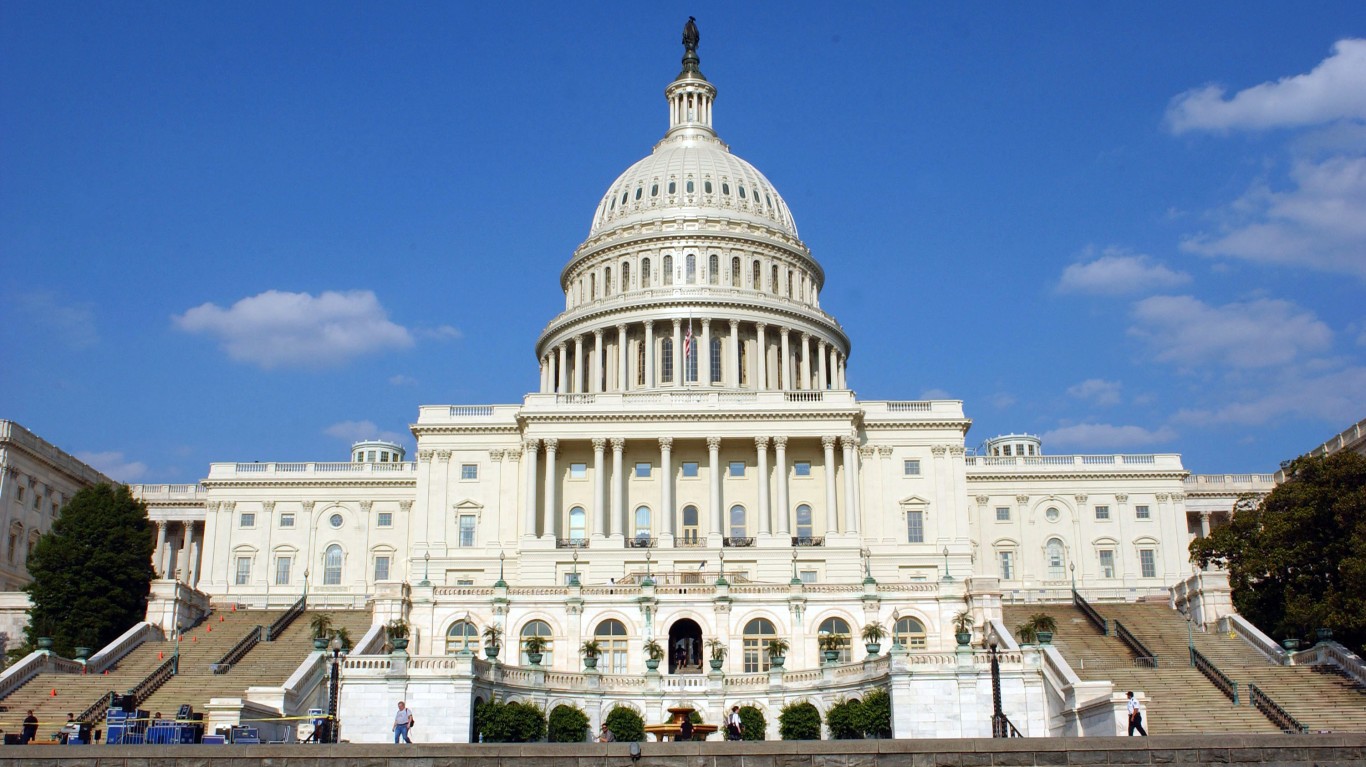
Proposed in 1789, this amendment would help determine the number of seats in the House, with one seat for every 50,000 constituents. No state has ratified the amendment since 1792, and based on the 2020 US population, it would require 6,629 representatives.
6. Abolish the Senate
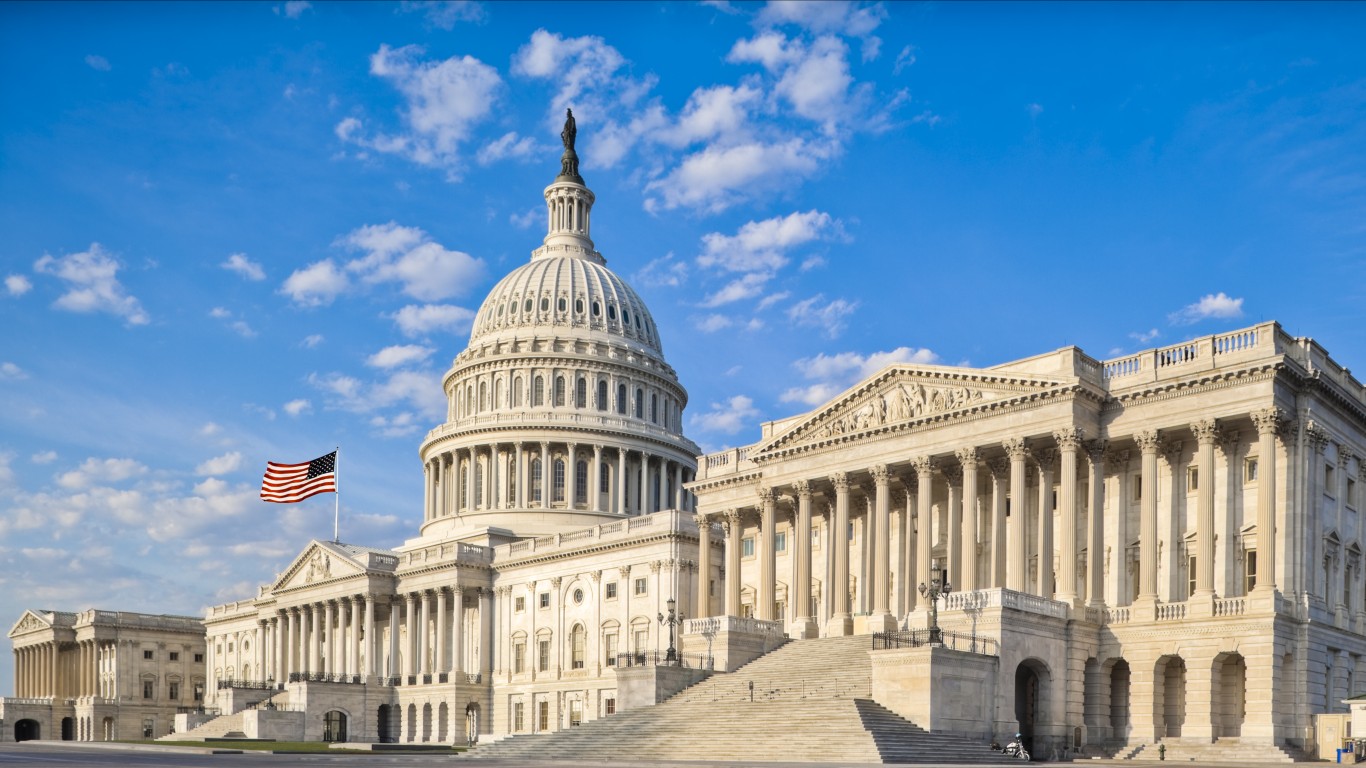
US House Rep Victor Berger proposed an amendment in 1911 that would have done away with the US Senate. Berger indicated the Senate was “useless.” Ironically, it was in 1912 when an amendment passed requiring Senators to be elected by popular election.
5. Titles of Nobility Amendment

Still pending as an amendment, the Titles of Nobility Amendment was passed by the 11th Congress in May 1810. It has gotten as close as two states short of full ratification and would have stripped any US citizen of a title of nobility given by any foreign power.
4. Maximum Wage

Although it was dead on arrival, the Maximum Wage Amendment was proposed in Congress in 1933 to limit the accumulation of wealth by Americans over $1 million. The amendment was a response to the 1929 stock market crash.
3. Dueling Ban
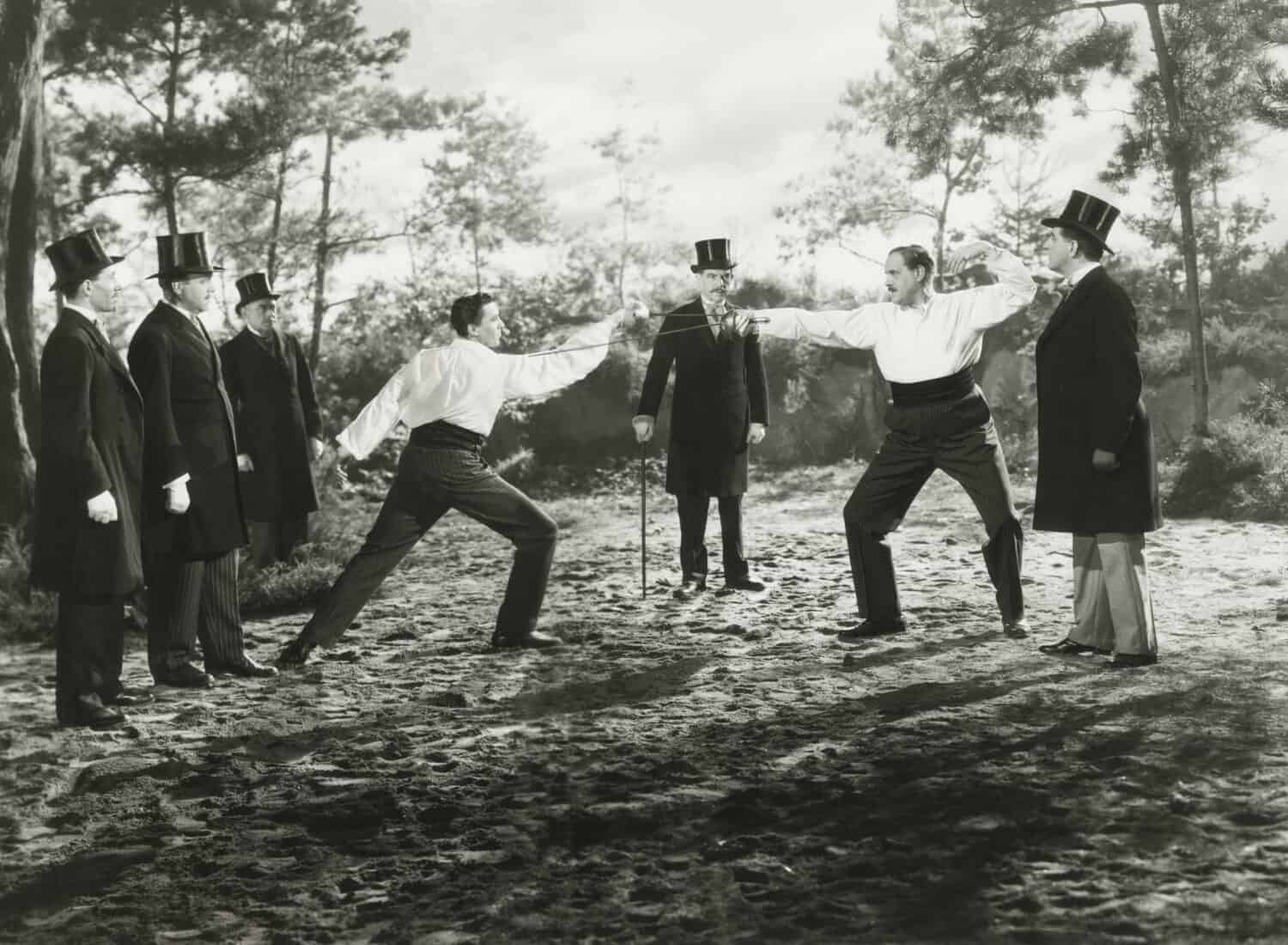
An amendment outlawing the use of duels to settle disputes in the United States was initially proposed in 1938. The amendment would have prohibited any person involved in a duel from holding federal office but did not receive Congressional approval.
2. Child Labor Amendment

A still-pending amendment would allow Congress to regulate the “labor of persons under eighteen years of age.” Proposed on June 2, 1924, it failed to achieve approval from three-fourths of the states as required by Article V.
1. Equal Rights Amendment

First introduced in 1923, the Equal Rights Amendment ensured federal and state rights based on gender. The amendment was reconsidered in the 1970s and passed both the US House and Senate on March 22, 1972. Unfortunately, it failed to pass enough state houses to achieve official ratification.
It’s Your Money, Your Future—Own It (sponsor)
Are you ahead, or behind on retirement? For families with more than $500,000 saved for retirement, finding a financial advisor who puts your interest first can be the difference, and today it’s easier than ever. SmartAsset’s free tool matches you with up to three fiduciary financial advisors who serve your area in minutes. Each advisor has been carefully vetted and must act in your best interests. Start your search now.
If you’ve saved and built a substantial nest egg for you and your family, don’t delay; get started right here and help your retirement dreams become a retirement reality.
Thank you for reading! Have some feedback for us?
Contact the 24/7 Wall St. editorial team.



